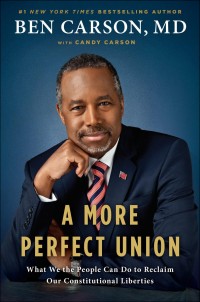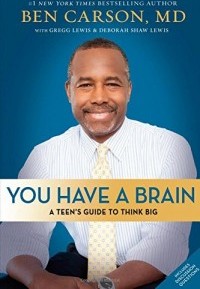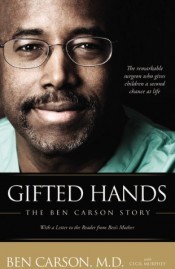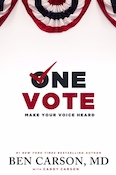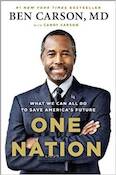America the Beautiful: Rediscovering What Made This Nation Great
This book isn’t Ben Carson’s first book, but it’s his first purely political book. His previous books addressed his life story and his medical practice (as a leading pediatric neurosurgeon); this book outlines his political stances. Overall, it feels like it’s written by a political novice — which of course Ben Carson is, never having run for office despite his current status as Tea Party darling for the presidential nomination in 2016.
Political books by political novices do have their charms — they do not contain the hedged “nuanced” stances made by dissembling politicians. Carson sounds genuine here, telling his compelling life story (raised in poverty but with a high regard for education). Unlike the previous tellings of his life story, this one addresses his politics: how he came to be a conservative despite being constantly surrounded by Democrats in the African American community and liberal colleges.
Every chapter has Carson exploring historical perspectives — from ancient Israel (p. 29 on hierarchical leadership) to ancient Rome (p. 131 on military over-stretch) — it often reads like a “study guide” to introduce historical context to a new politician. I’m not criticizing that — I do the same thing as a means to learn a new topic — and Carson’s choices of historical examples illustrates what he considers important. What he considers important usually reflects on Constitutional originalism, citing the Founding Fathers frequently, or on faith in American government and past leaders (for example pp. 49-50, where he explores the non-atheism of both Thomas Jefferson and Benjamin Franklin). If you like historical perspective, this book has plenty — but it often feels like a stretch to apply ancient lessons to modern politics.
Carson also repeats himself repeatedly — using the same phrases in different chapters to illustrate the same points in different contexts. That criticism usually means the chapters were written as stand-alone pieces — but that does not seem to be the case here — this book was written as a complete book. We had the same criticism of Obama’s book “The Audacity of Hope”, and we come to the same conclusion: Carson expects his readers to read only one chapter and then move on, so he’d better make each chapter self-contained and include all of his catchphrases. When reading the book cover-to-cover, that stand-alone-chapter writing method becomes annoying for the reader. For example:
- Mother “made us submit to her written book reports, which she could not read” (p. 54 in chapter on education);
- “We were told to do book reports for Mom every week… She couldn’t read the reports we wrote” (p. 64 on capitalism and hard work)
- The “Democratic Party will claim that the Republicans want to cut programs that benefit children and the elderly… the Republicans will claim that the Democrats are addicted to spending,” (p. 109 in chapter on morality);
- “the Democrats accuse Republicans of draconian budget cuts that would take the food out of the mouths of babies and shelter from the elderly… The Republicans accuse the Democrats of having no understanding of budgetary constraints,” (p. 121 on learning from past mistakes).
- …and numerous others.
For those readers interested in what Carson stands for in a possible presidential run, a first-time exploration of political issues raises more questions than it answers. Carson explicitly feeds into that problem: for example, on pp. 190-1, he raises questions about capital punishment and abortion:
“If one believes that killing is wrong in all instances, be it executing a mass murderer or aborting an unborn fetus, it will be very difficult to negotiate a compromise on the issues of capital punishment or abortion. If, on the other hand, an individual is opposed to capital punishment simply because of the great expense involved in each case, and only opposed to late-term abortion, that person would be quite capable of yielding to compromise.”
Well, ok, that outlines the situation — but how does Carson answer that question? He does not, in this book, address his own view on capital punishment, leaving the question posed but unanswered. He partly addresses abortion (pp. 99-100, where as a medical practitioner he saved a hydrocephalic baby who would have been aborted), but the reader still feels that many questions are left too open.
Overall, this is an excellent first political book and lays the groundwork for a possible Carson run for the presidency, or at least lays the groundwork for continuing his role as a Tea Party spokesperson. “Lays the groundwork” is the critical phrase: If Carson actually wants to mount a campaign for the presidency, he’ll need to answer the questions he poses, and move on from historical perspective to actual proposals for modern issues.
Book Review from OnTheIssues.org, by Jesse Gordon
Tags: America the Beautiful: Rediscovering What Made This Nation Great, Ben Carson
- The Author
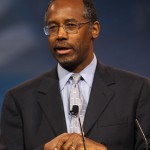
Ben Carson
** Exclusive CBC Author Interview with Ben Carson ** Ben Carson is an American author and retired neurosurgeon. In 2008 he […] More about Ben Carson.
- Books by the Author
- Related Articles
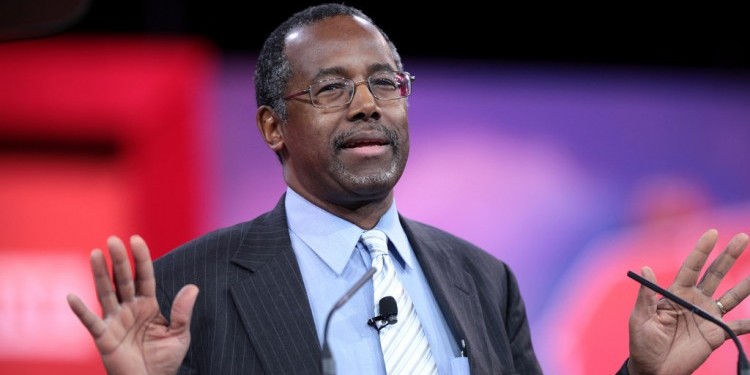
Dr. Ben Carson Has An Urgent Prescription To Cure Poverty
"I think poverty to a large extent is also a state of mind."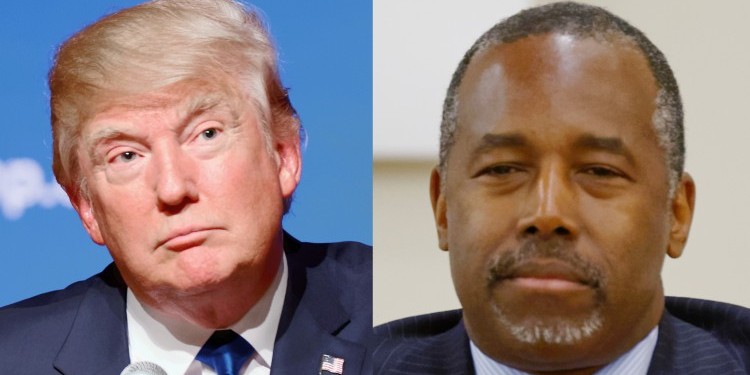
Should Ben Carson Be Trump’s HUD Secretary?
Is Ben Carson a good pick to be Trump's Secretary of Housing and Urban Development? Vote in our CBC reader[...]
Check Out Trump TV’s Fall Lineup!
Have you heard the news about Trump TV? Check out this fall lineup preview, starring Laura Ingraham, Ben Carson, and[...]
You Won’t Believe What Chris Wallace Asked Ben Carson! See Carson’s Response!
"Do you worry that you’re being used as a prop for black voters and that supporting Donald Trump will end[...]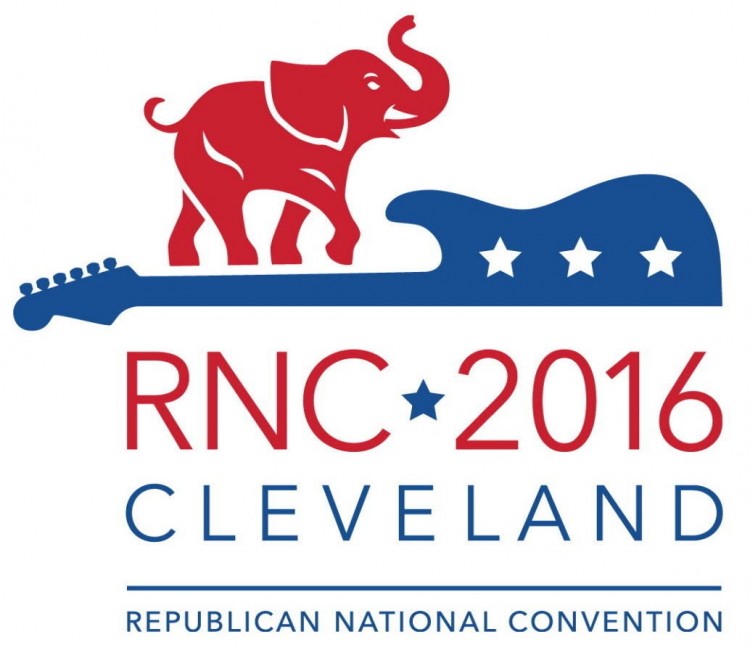
Top 10 Conservative Republican National Convention Authors
The Republican National Convention is here! From locking Hillary up to making America great again, America's premier conservatives are giving[...]
Ratings Details





